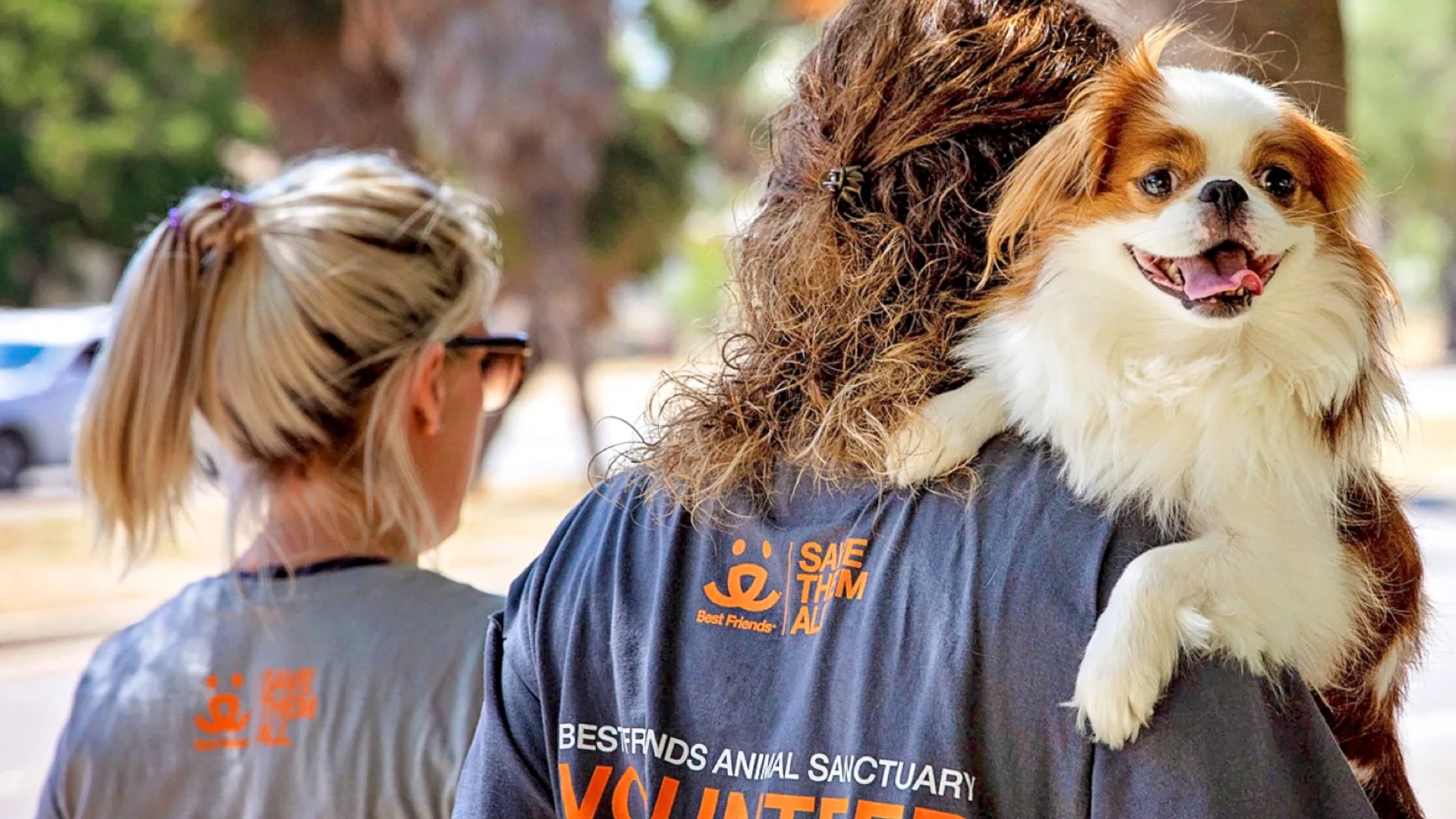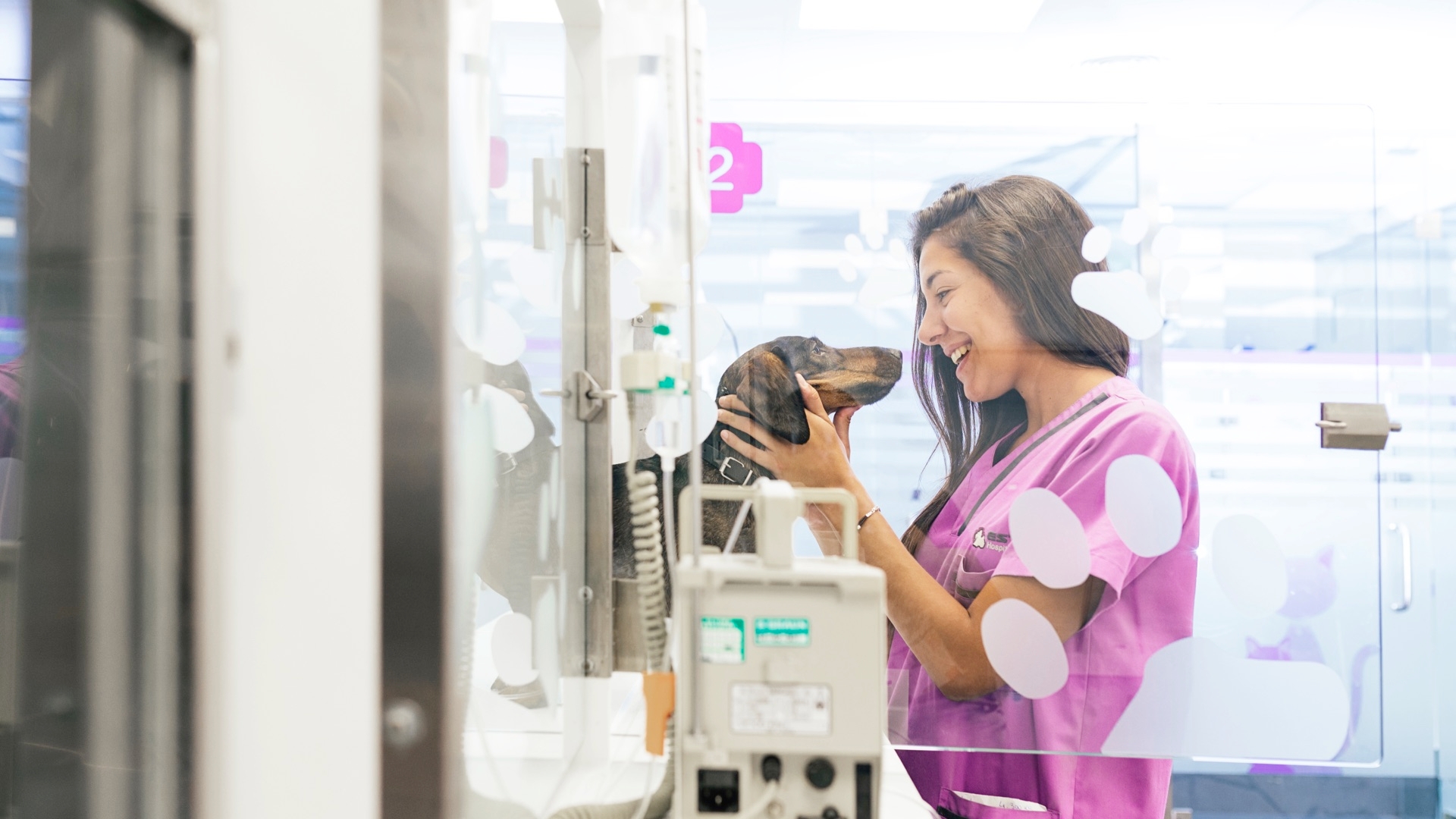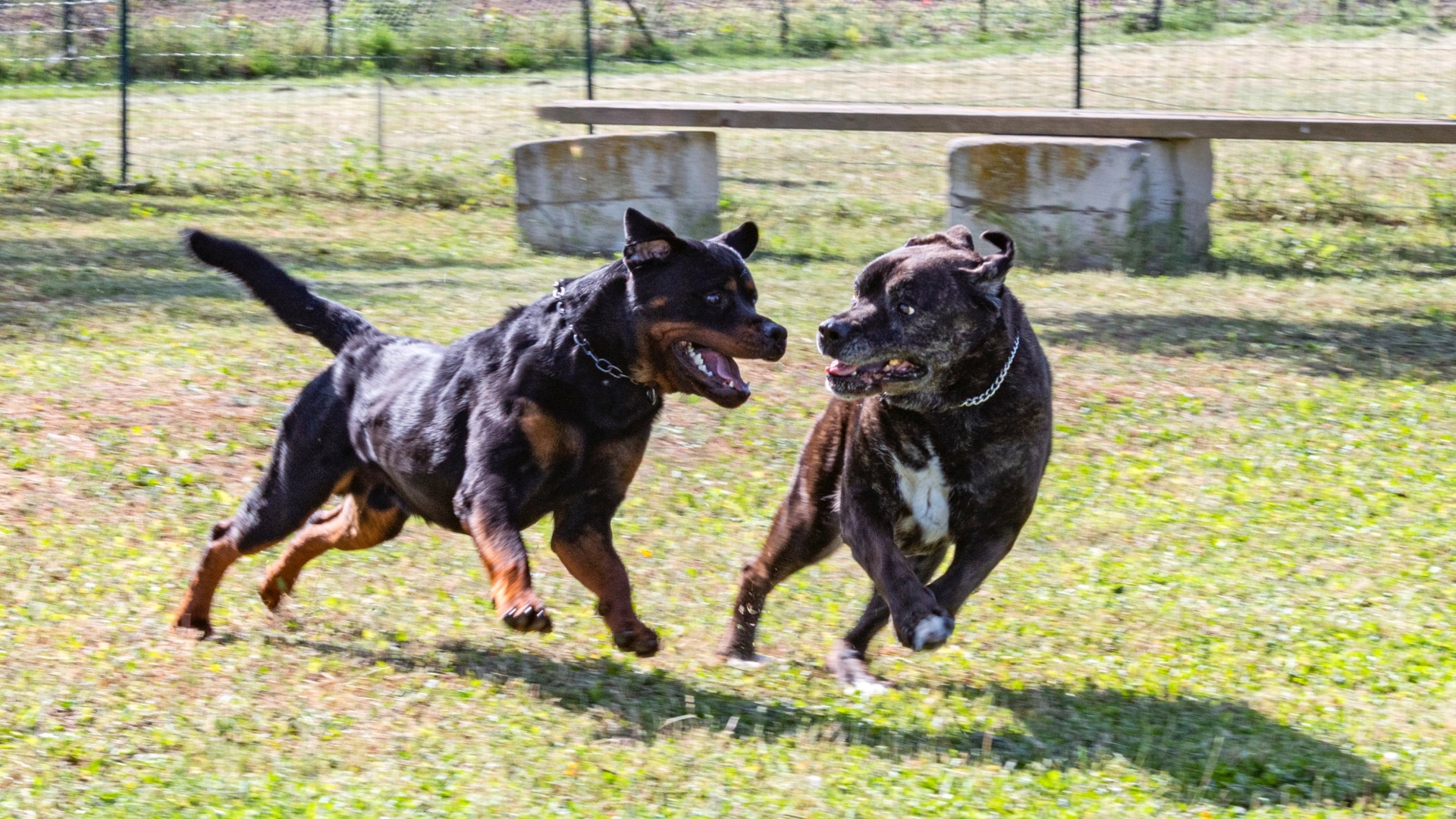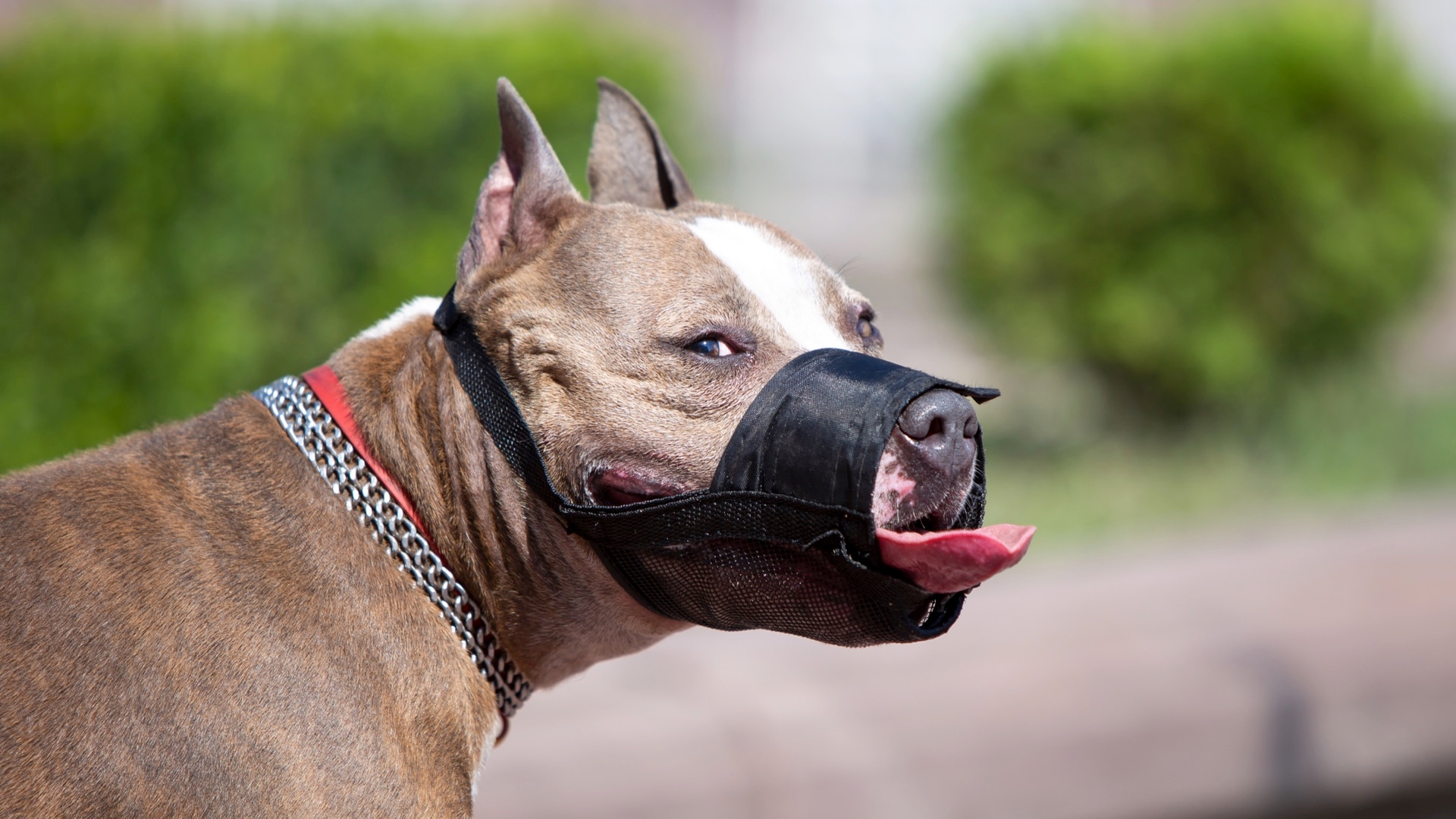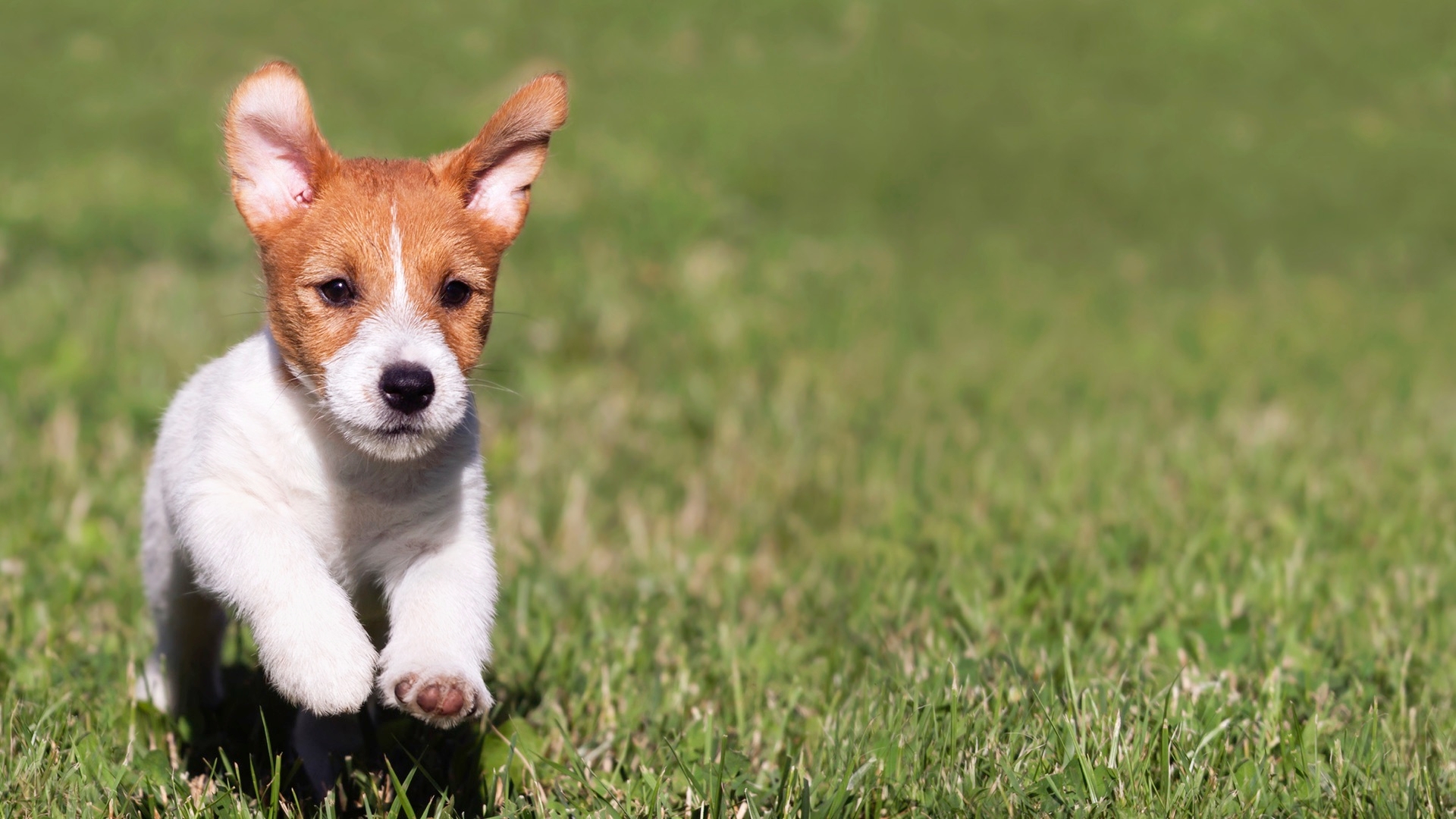Back in 1984, a scrappy group of friends from far corners of the globe settled in a remote area of Utah's high desert … and took the first steps to forever changing the future for pets in shelters. It's the story of Best Friends, but it's much more than the history of a spot on the map. This group of ordinary but passionate people believed that every pet has a story, too, each one worth saving, each life individual and important.
Check out stories from the Best Friend Animal Society.
Related Links:
Follow Best Friends Animal Society:
Categories:
Best Friends Animal Society has categorized their posts with the following categories: Dog Training, Dogs, Pet Health, and Pets.
Tags:
Best Friends Animal Society has tagged posts with the following tags: activities, aggression, baby, behavior, bite, bite management, bite prevention, cat, crate training, dangerous, dog, dog activities, dog care, dog safety, dog training, health, house training, pet activities, pet health, pet training, pets, positive reinforcement, responsible pet ownership, safety, veterinarian, veterinary, and waste.
Their most common tags are: pets, pet health, dog, cat, and responsible pet ownership.
Blog Posts:
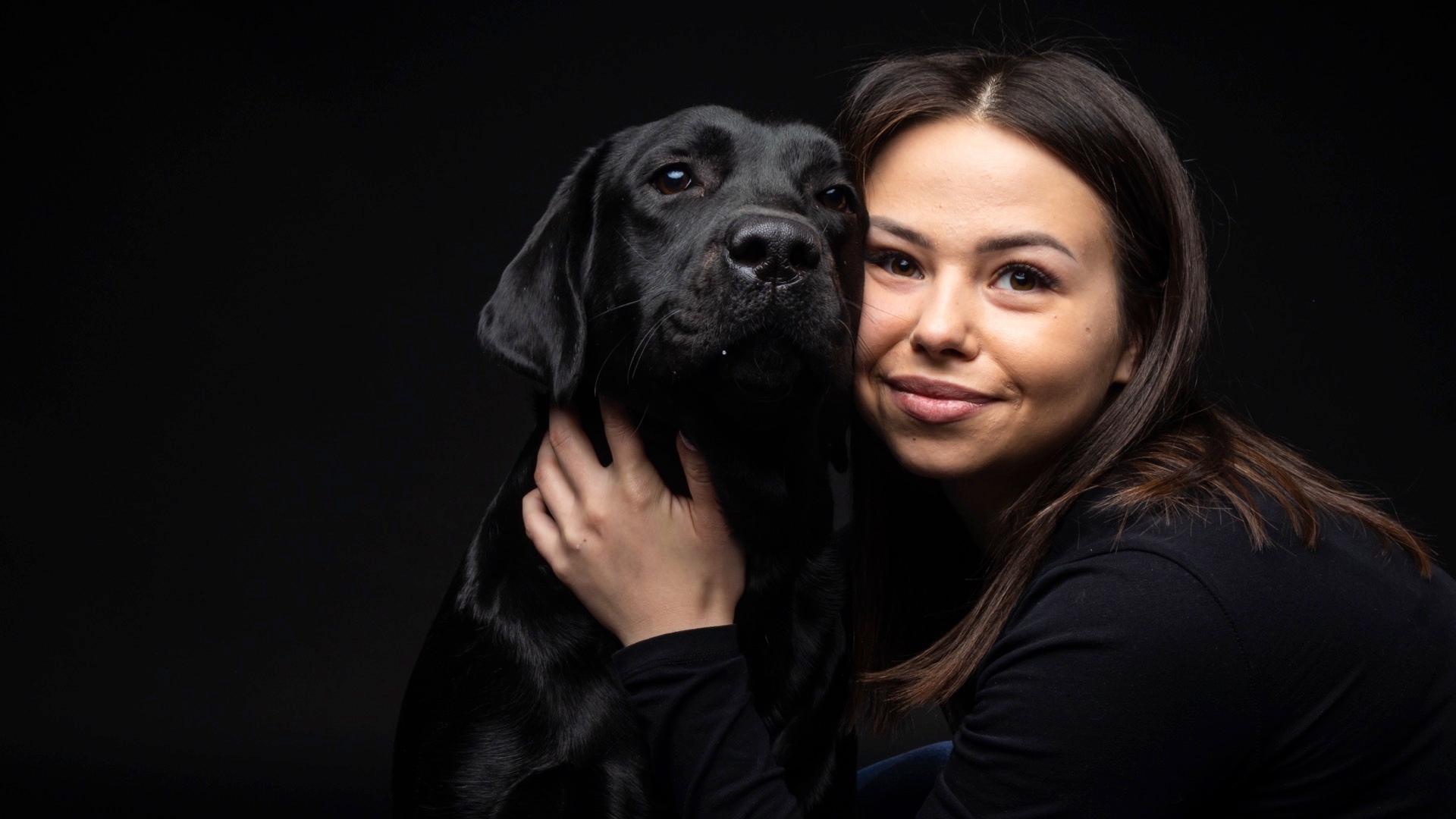
Positive reinforcement is the most effective and humane way to train animals. The basic principle is to reward a desired behavior with something pleasant. As with so many things, correct timing is essential. To get the animal to associate the reward with the correct behavior, the treat or praise must be delivered immediately. Consistency is also essential. Always reward the desired behavior and don't ever reward undesired behavior.
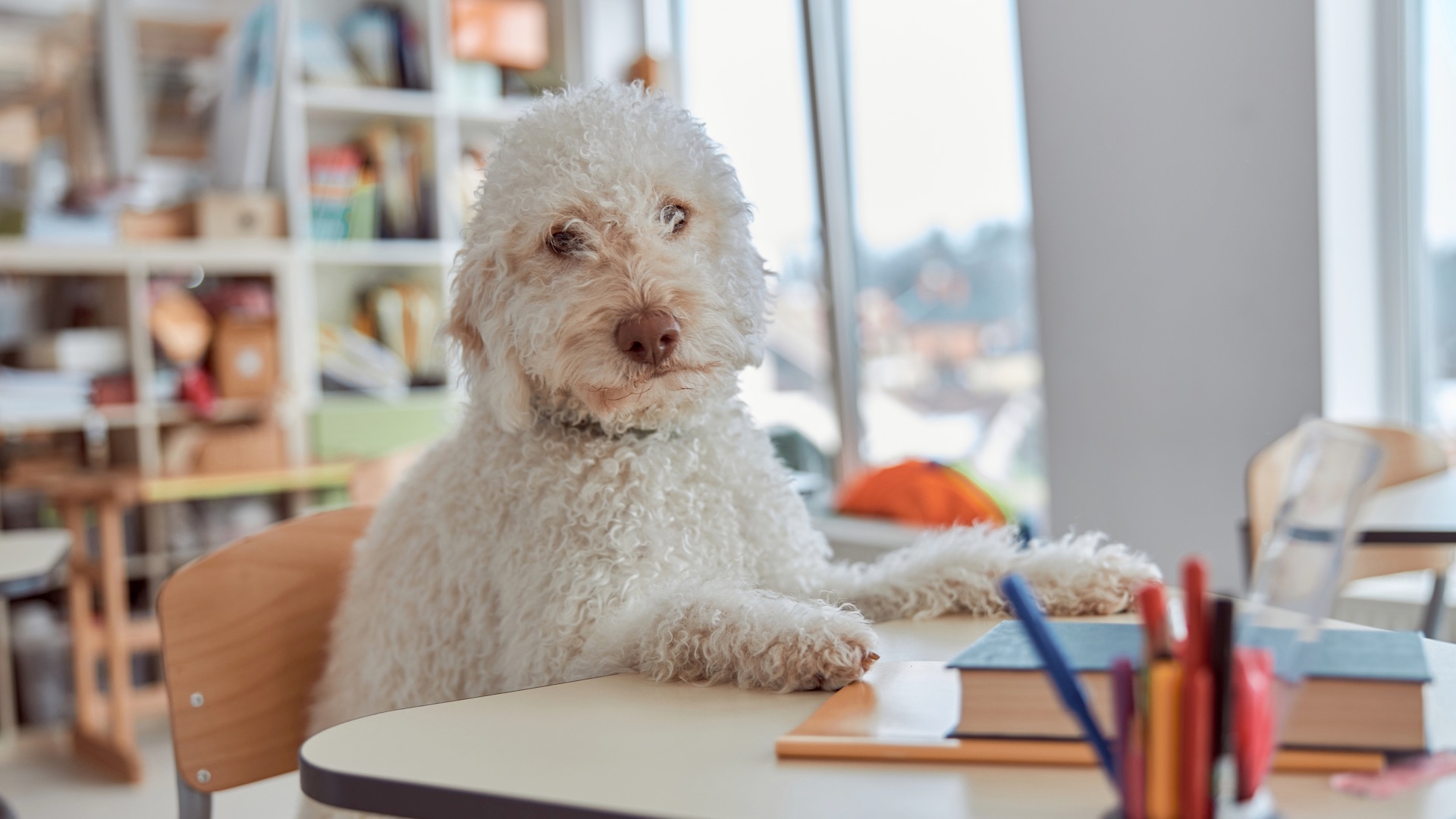
All dogs benefit from learning how to behave appropriately when sharing space and time with their human family members and their other animal friends. Dogs aren't born knowing how to interact politely with people, so you'll need to teach your dog the basics using positive reinforcement training techniques.

Getting ready for a new family member is a busy, exciting time. In addition to all that you need to do to prepare for the new baby, there are a few things you can do to make the transition easier for your pets. Most pets accept a new baby with no problem. But, if you want to be extra careful, you can begin to prepare them ahead of time for the big event.
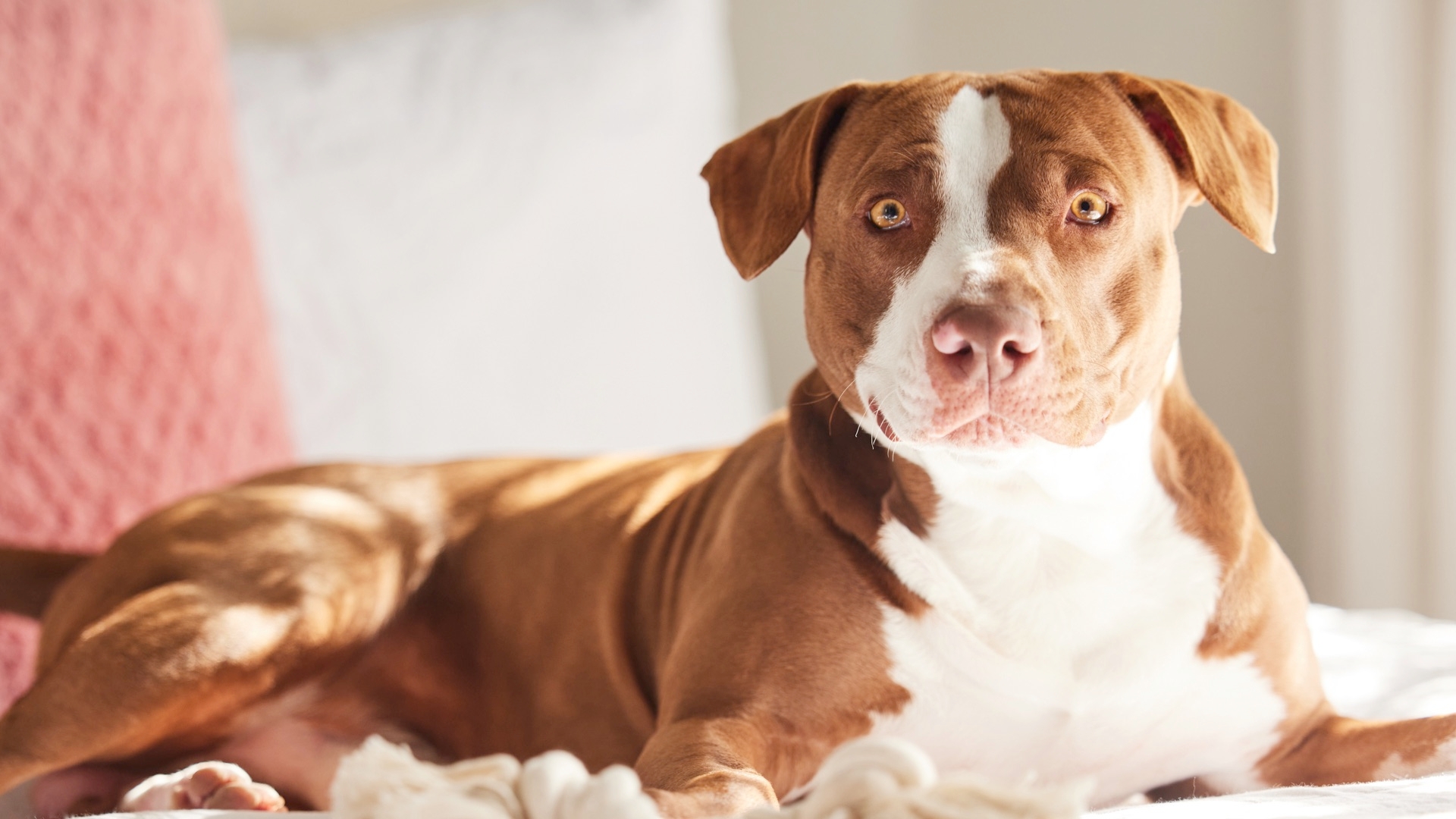
When you get a new puppy or dog, you'll need to show him or her what is acceptable in your home. Different people may have different rules: Some want to train their dogs to eliminate in litter trays or on paper, while others want all 'bathroom' business to occur outdoors. For your dog to Know what you want, you have to establish a predictable routine.
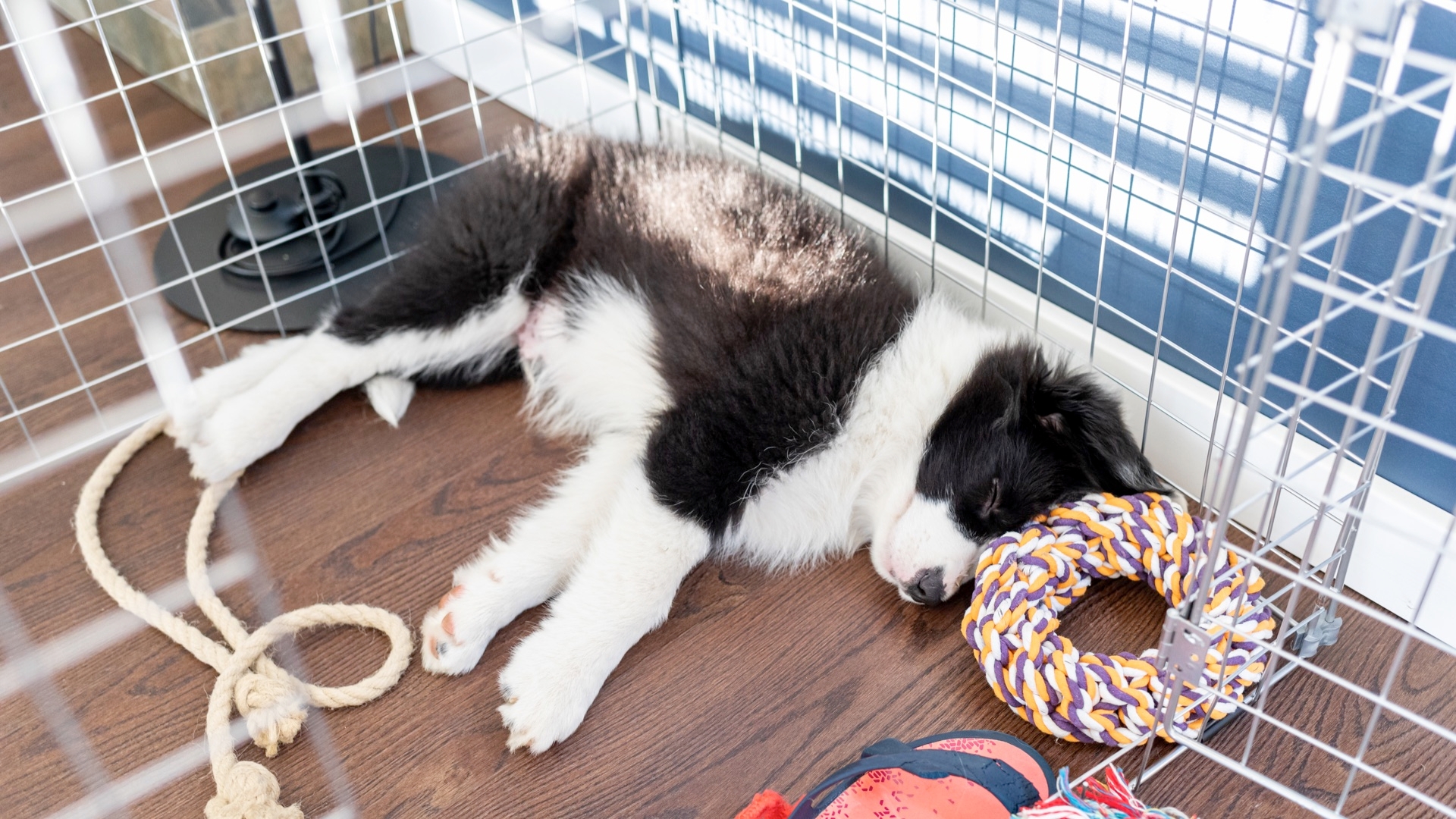
Dogs are hard-wired by their genetic history a to be den animals. A den is a small, safe, well-defined space. It is a place in which dogs feel instinctively safe. It is also a place that they instinctively avoid soiling. The combination of these two native traits are what make crate training, done in the right — way, a kind and effective component in house-training your new puppy or dog
